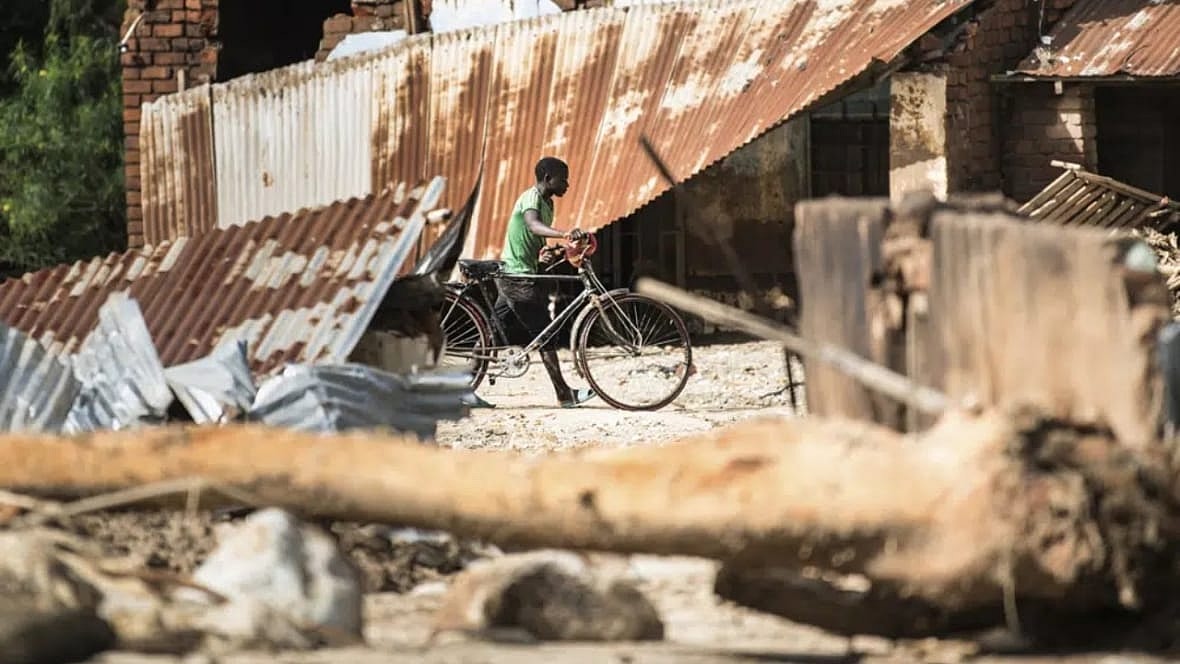Over a week after Cyclone Freddy‘s second and more devastating landfall in Malawi and Mozambique and nearly a month since it battered Madagascar, the effects are still being felt as locals, officials and aid workers continue to uncover the full extent of the cyclone’s destruction.
In Malawi, the death toll has reached 447 people, with 282 others missing and close to 400,000 people still displaced, authorities in the country said. Malawi’s southern region, including the financial capital of Blantyre, was the worst affected. In Mozambique, some 66 people have died and 59,000 are still displaced, according to local authorities.
Many people, including children “are traumatized by the cyclone,” said Palal Areman, from the aid agency Save the Children and based in Blantyre. “They were brought to the hospital with head injuries, broken limbs, and bruises, while others looked worried or had no family members.”

The United Nations emergency fund released $5.5 million to Malawi to assist communities affected by Cyclone Freddy on Monday.
Flooding in the Shire River valley in southern Malawi remains a major impediment to search and rescue efforts, aid agencies said. The World Food Program said Monday 1,500 people had been rescued by boats in Malawi’s flooded river valley.
Cyclones have been worsened by human-caused climate change, with warming temperatures making cyclones, wetter, more intense and more frequent. Richer nations that have industrialized have caused much of the greenhouse gas emissions responsible for climate change with more vulnerable countries often bearing the brunt, a reality which led to a “loss and damage” fund for climate disasters being agreed last year.
“The destruction and suffering that I witnessed in southern Malawi is the human face of the global climate crisis,” said United Nations Resident Coordinator for Malawi, Rebecca Adda-Dontoh. “The people I met with — many of whom have lost their homes and loved ones — have done nothing to cause this crisis.”
Both Malawi and Mozambique were dealing with a cholera outbreak when Freddy hit, heightening fears that the cyclone will worsen the situation in nations where health and relief workers were already stretched thin.
Cyclone Freddy is on course to be the longest-ever cyclone in recorded history, with an expert panel convening to decide if the cyclone has overtaken the current record holder, 31-day Hurricane John in 1994.
TheGrio is FREE on your TV via Apple TV, Amazon Fire, Roku and Android TV. Also, please download theGrio mobile apps today!

